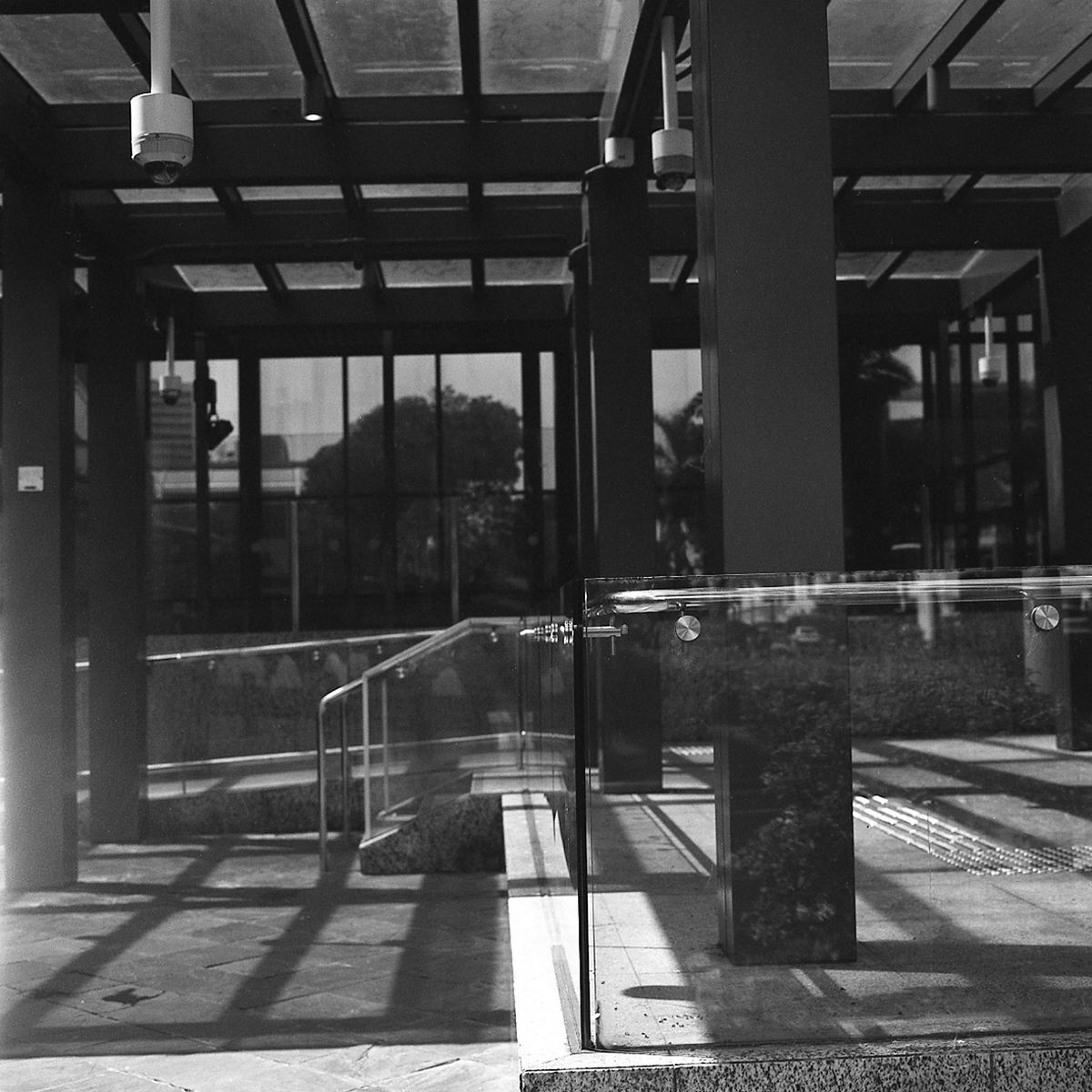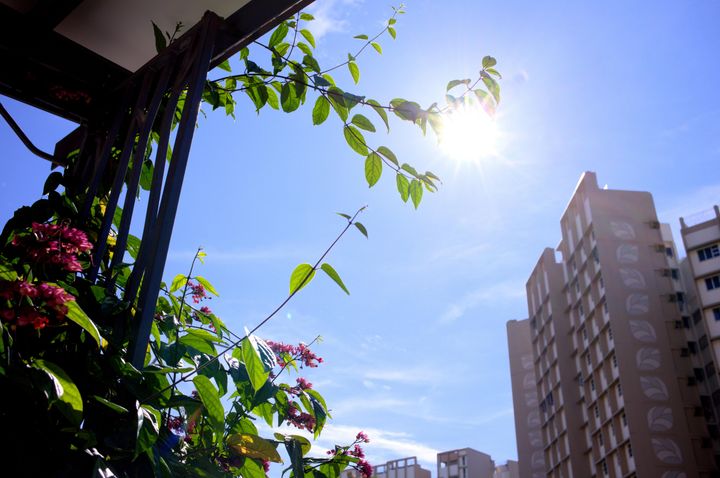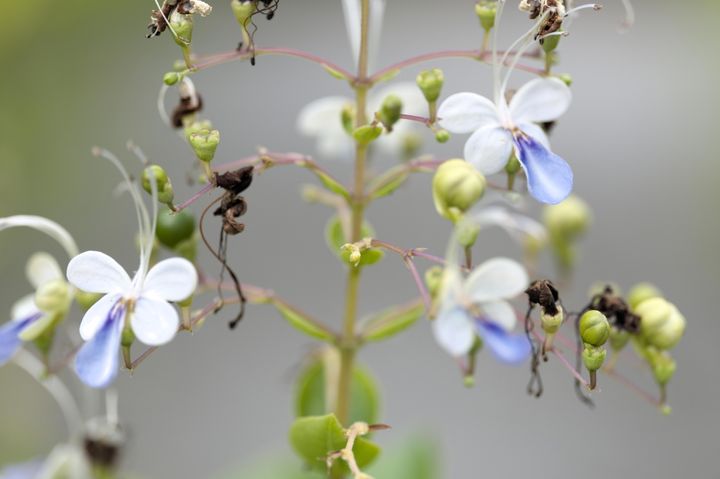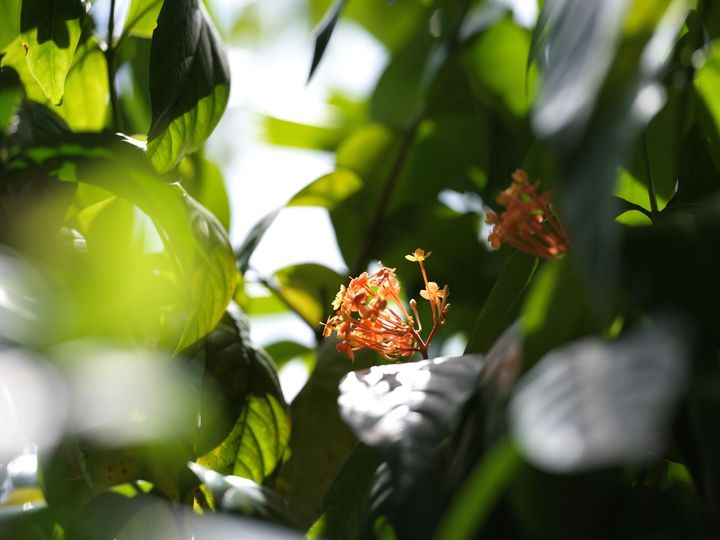QT 20/10/2025 Mon. Hosea 10 The Danger of Trusting in Economic Prosperity 倚靠经济繁荣的危险

QT 20/10/2025 Mon. Hosea 10 The Danger of Trusting in Economic Prosperity
READ http://www.esv.org/Hosea10
📖 “Israel is a luxuriant vine that yields its fruit. The more his fruit increased, the more altars he built; as his country improved, he improved his pillars.” — Hosea 10:1, ESV
🧐 Reflection: The Temptation of Prosperity
In Hosea 10, we see a profound warning to Israel, and by extension, to all of us. Israel, once a vine that thrived under God's blessing, began to mistake their economic success for divine approval. As the nation grew richer, they constructed more altars to idols, thinking that increased prosperity gave them the right to indulge in idolatry and immorality. They celebrated their wealth, but they failed to recognise that their true source of blessing was always God. Instead of acknowledging the giver, they worshipped the gifts.
The more they were blessed, the more they relied on their own strength, status, and wealth. They built more altars and set up more idols, as if their economic prosperity could shield them from accountability to God. In their hearts, they thought, "We have wealth. We are secure. What more do we need?"
💬 Meditation:
Hosea 10:1 highlights the paradox of prosperity. Instead of using God’s blessings to honour Him, Israel used their prosperity to build altars to idols. Their wealth became a trap — the more they had, the more they depended on what they could touch (their material wealth) and not on God.
🔑 Application: The Danger of Pride in Wealth
In our own lives, we must guard against the subtle pull of materialism. Economic prosperity, while not inherently wrong, can become a spiritual snare when it leads us to take pride in our ability to provide for ourselves, or when we become self-sufficient and forget that everything we have is from God.
Wealth is a gift, not a guarantee. Israel's pride in their economic success led them to forget God. Likewise, we can be lulled into a false sense of security when things are going well. But remember, “Every good and perfect gift is from above” (James 1:17). Our wealth, our job, our health — these are all blessings from God, not signs of our own greatness.
When prosperity leads to pride: Prosperity isn’t wrong, but pride in prosperity can harden the heart. Do you find yourself depending more on your bank account than on God's provision? Are you more focused on your financial security than on your spiritual health?
Is your heart idolatrous? The altars in Israel were built to false gods. For us, these altars might not be literal, but could represent the things we idolise: money, status, career, material goods, or even personal success. If we're not careful, these can become the very things that take God's place in our hearts.
🔄 Remembering the Source of Blessing
The danger of wealth is that it makes us think that we did it ourselves. When we start to take pride in our achievements and possessions, we forget that God is the true provider. Consider the words of Jesus:
“For where your treasure is, there your heart will be also.”— Matthew 6:21
What is your treasure today? Is it secure in the hands of the One who blesses? Or are you trusting in something that could fade away in an instant?
🙏 Prayer:
Father, we confess that at times we have placed our trust in wealth, career, and status instead of in You. Forgive us for the times we’ve boasted in our own strength and forgotten Your provision. Help us remember that all good things come from You, and may we use our prosperity to honour You. We ask for Your help to guard our hearts from pride and idolatry. May our treasure be found in You alone. In Jesus' name, Amen.
🙌 Action Step:
(1) Take a moment to evaluate: Is there an area where I’ve trusted more in my possessions than in God?
(2) Commit to giving or serving in a way that reflects a heart of gratitude toward God, acknowledging that everything you have is a gift. Consider a financial sacrifice or donating to a cause that reflects God’s heart for the poor or His Kingdom.
QT 20/10/2025 星期一. 何西阿书 10 将信心寄托在经济繁荣上的危险
阅读 http://m.bbintl.org/bible/ncv/hos/10/
📖 何西阿书10:1 以色列最茂盛的葡萄树,自己能结果子。他的果子越多,他就越增添祭坛;他的土地越肥美,他就使柱像越美丽。
🧐 反思:繁荣的诱惑
何西阿书第十章向以色列发出了深刻的警告,其警示意义延伸至我们所有人。以色列曾是蒙神祝福的茁壮葡萄树,却误将经济成功视为神的认可。随着国力增强,他们为偶像筑起更多祭坛,以为繁荣增长便有权沉溺于拜偶像与不道德行为。他们庆贺财富,却未察觉真正的祝福源头始终是神。他们不敬拜赐福者,反而崇拜所受的恩赐。
越蒙福,他们越倚靠自身力量、地位与财富。筑坛设偶像愈加频繁,仿佛经济繁荣能使他们免于向神交账。他们心中暗忖:“我们有财富,我们安稳,还需何求?”
💬 默想:
何西阿书10:1揭示了繁荣的悖论。以色列人非但不用神的恩赐来荣耀祂,反而用他们的繁荣为偶像筑坛。财富成了陷阱——拥有越多,就越依赖看得见的东西(物质财富),而非倚靠神。
🔑 应用:财富骄傲的危险
在我们自身的生活中,必须警惕物质主义的微妙诱惑。经济繁荣本身虽无过错,但当它使我们因自给自足的能力而骄傲,或当我们变得自满而忘记一切皆源于上帝时,便会成为属灵的陷阱。
财富是恩赐而非保障。以色列人因经济成就而骄傲,最终背离了上帝。同样,顺境时我们也可能陷入虚假的安全感。但请谨记:“各样美好的赏赐,各样完备的恩赐,都是从上面、从众光之父降下来的,他本身并没有改变,也没有转动的影子。”(雅各书1:17)。我们的财富、工作、健康——这些都是上帝的恩典,而非自我卓越的证明。
当繁荣滋生骄傲:繁荣本身无错,但因繁荣而骄傲会使人心刚硬。你是否更倚靠银行账户而非神的供应?是否更关注财务安全而非属灵健康?
你的心是否已成偶像?以色列人曾为假神筑坛。对我们而言,这些坛或许并非实体,却可能代表我们崇拜之物:金钱、地位、事业、物质财富,甚至个人成就。若不谨慎,这些都可能取代神在我们心中的位置。
🔄 谨记祝福的源头
财富的危险在于,它使我们误以为一切成就皆凭己力。当我们开始为自己的成就与拥有而自豪时,便忘记了上帝才是真正的供应者。请听耶稣的话语:
“你的财宝在哪里,你的心也在哪里。”——马太福音6:21
今日你的珍宝是什么?它是否安放在赐福者的手中?抑或你正倚靠着转瞬即逝之物?
🙏 祷告:
天父,我们承认有时将信心寄托在财富、事业和地位上,而非仰望祢。求祢赦免我们夸耀己力、忘记祢供应的过犯。求祢使我们谨记万善皆源于祢,愿我们用丰盛荣耀祢的名。求祢保守我们远离骄傲与偶像崇拜,使我们唯一的珍宝唯在祢里面。奉耶稣的名祷告,阿们。
🙌 行动步骤:
(1) 片刻自省:是否存在我更倚靠物质而非上帝的领域?
(2) 承诺以感恩之心奉献或服侍,承认一切拥有皆是恩赐。考虑作出财务牺牲,或向体现上帝对贫穷者关怀及祂国度旨意的慈善事业捐赠。


